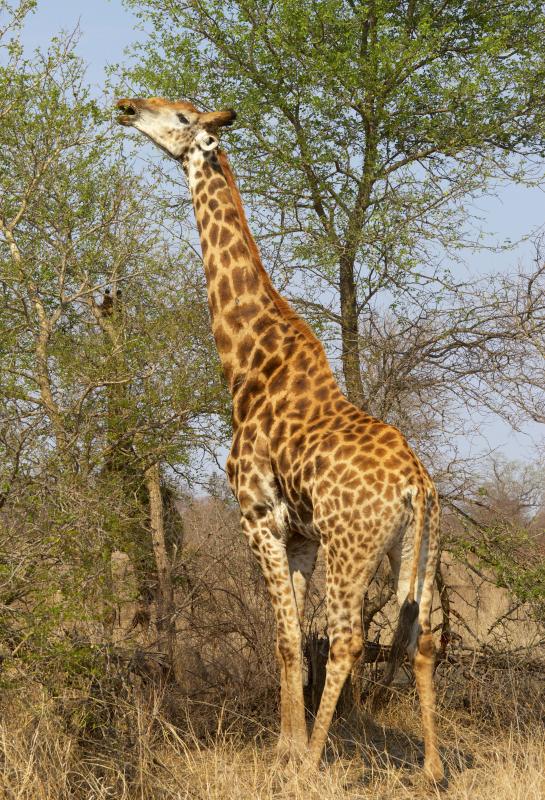At TheHealthBoard, we're committed to delivering accurate, trustworthy information. Our expert-authored content is rigorously fact-checked and sourced from credible authorities. Discover how we uphold the highest standards in providing you with reliable knowledge.
What Causes DNA Changes?
DNA changes occur primarily because of natural errors that occur during the DNA replication process. They also can happen when one or more environmental factors act on the DNA. DNA changes are known as mutation, regardless of their origin.
All DNA is made up of four different bases: thymine (T), cytosine (C), adenine (A) and guanine. These bases bond together in what are known as base pairs. Along with sugar and phosphate molecules, these pairs form the nucleotides that make up the double helix DNA strand, and differences in base pair sequences is what creates genetic variance.

Normally, when DNA is replicated, the process begins with a protein called DNA helicase. This protein breaks the bonds between the bases, thereby separating the DNA molecule into two strands. A second protein, DNA polymerase, copies each single strand of DNA so that a new double-stranded DNA molecule can be formed. A mistake in the copy happens about once every billion bases or even less frequently.

As the natural DNA replication process shows, DNA requires the chemical bonds between the four primary bases to be stable. Some chemicals and other environmental factors, such as radiation, have the ability to alter the nucleotide bases so they mimic other nucleotide bases. If this happens, when the DNA replicates, the altered base essentially gets mistaken for a different base. The result is that the bases pair incorrectly, and a mutation occurs.

Most evolutionists, perhaps the most famous of whom was Charles Darwin, believed that species adapt based on DNA changes. The theory is that genetic mutations that are beneficial eventually will become common. For example, a genetic mutation might have led some giraffes to develop their famously long necks. Those with longer necks might have better access to food higher up and therefore might have been more likely to survive and pass on the mutated gene.
Even though some DNA changes can be beneficial, many are not. Cancer, for example, one of the most notable examples of DNA mutation, is a leading cause of death in many places. For this reason, many scientists have devoted their efforts to learning more about the DNA replication process and how to treat genetic conditions through gene therapy. Knowledge about DNA changes also creates some controversy, such as with the abortions of fetuses who test positive for certain genetic diseases. Environmental and health advocates also have studied the effects of chemicals that people make and have struggled to regulate the substances and practices that have been shown to cause DNA-related health problems.
AS FEATURED ON:
AS FEATURED ON:













Discussion Comments
@burcidi-- Okay, so if I understand this right, DNA changes due to two types of factors- natural environmental factors and unnatural mutagens. Am I right? When I say natural environmental factors, I mean the DNA changes that occur in response to human evolution and needs. And unnatural mutagens are things like chemicals, viruses and radiation.
So then, do we know how the evolutionary DNA change takes place? I understand DNA replication. DNA replicates in a sort of automatic mode. It replicates whichever gene is there, whether it is mutated or not. But how can the environment, things like climate or food source, initiate a gene mutation?
It's easier to understand mutagens like viruses and radiation. They enter the body and act on the genes directly. The evolutionary change in DNA is what confuses me.
In order to pass on to offspring however, the mutation has to affect the germ cells which take part in the production of reproductive cells -- sperm and eggs. If these cells are affected, the fertilized egg will carry the DNA carrying the mutation. If they are not affected, then they will not.
So if a mother's DNA experiences mutation due to radiation before conceiving a child, and this mutated DNA gets replicated for the egg which is fertilized, the mutation will also exist in the child.
Can DNA change become hereditary?
I think that they can because I read something along these lines about keratosis pilaris. The other name for this condition is chicken skin. It's when the skin carries too much protein and the hair follicles become plugged, giving skin the appearance of goosebumps.
I have this, and so does my mom and dad. But from what I read, keratosis pilaris is the result of a genetic mutation and it is hereditary. Either I misunderstood, or DNA changes can be passed down to offspring.
Can anyone clarify?
Post your comments